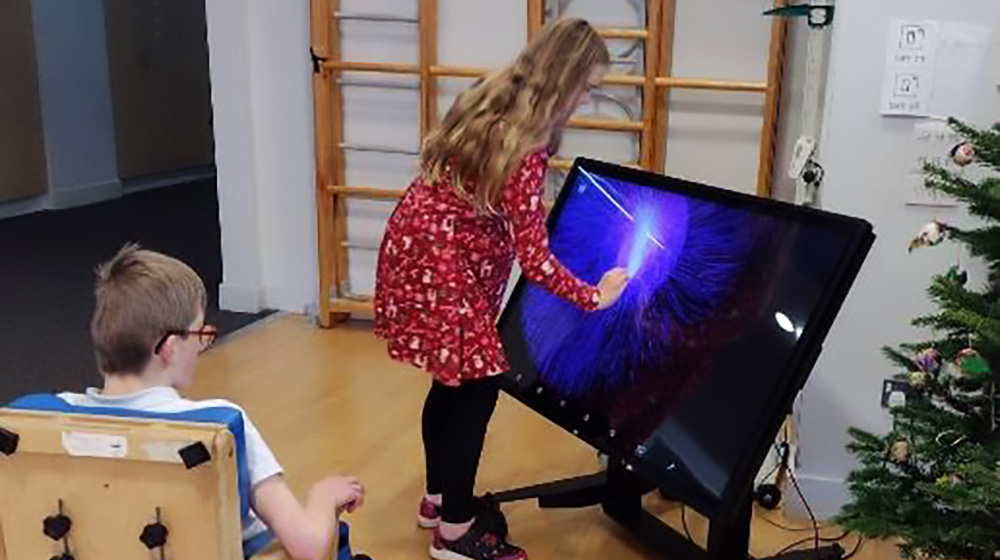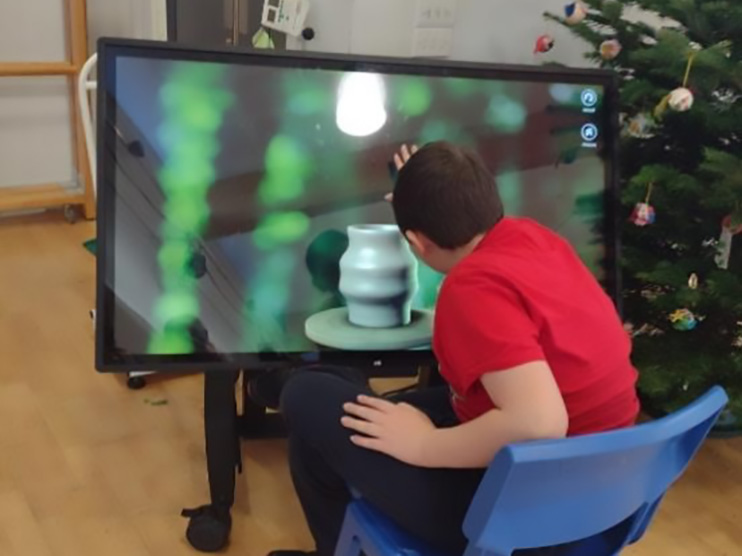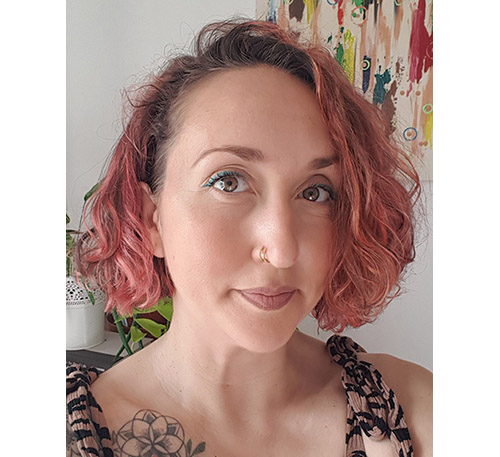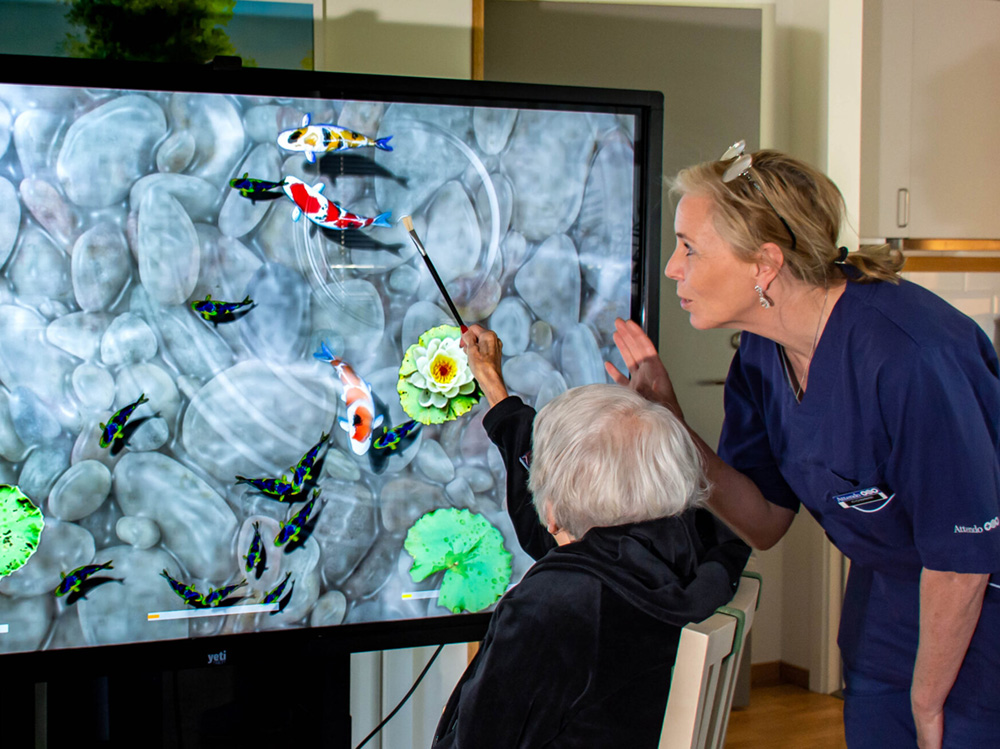
Findings from the EPIC project
As a component of the EU-funded EPIC project, the health technology of YetiCare was examined in a UK special needs school. A notable outcome of the investigation was the observation that children were utilising YetiCare for self-regulation while remaining within the classroom’s premises.
During November and December of 2022, Mill Water School, a special needs school in Devon, United Kingdom, assessed how YetiCare health technology can aid special education as part of the eHealth Productivity and Innovation in Cornwall and the Isles of Scilly (EPIC) project, under the scrutiny of academics from the University of Plymouth.
Health technology solutions in versatile use
Maria Jokelainen, CEO of YetiCare Oy, explains the role of YetiCare in the project:
“The YetiCare health technology solution, including a giant Android-based Yetitablet, an easy-to-use user interface, and versatile applications, was tested in different classrooms for six weeks. The school could test the usability of YetiCare without any specific instructions. During the evaluation period, six children were observed using the Yetitablet. At the end of the evaluation, seven teachers evaluated YetiCare and Yetitablet.”
Regarding the experiment, Nicole Thomas, a research fellow who participated in the project, describes the testing: “YetiCare was utilised for various purposes, including mathematical study, sensory support, and group activities. The assessment report indicated that the children who participated in the experiment thoroughly enjoyed using YetiCare.”
“In particular YetiBowling, one of YetiCare applications, was a hit. Also, the pupils liked to use various tools, such as balls and brushes. Teachers described that the children knew how to navigate and find their favourite applications easily with the help of the tablet. They are familiar with Android-based devices, so using Yetitablet was easy”, Thomas adds.

Children used YetiCare to self-regulate
The researchers were surprised by how the children utilised the YetiCare health technology to self-regulate and attain a state of calmness, all while remaining within the classroom premises.
“In practice, when an unpleasant feeling arose, some of the children went to Yetitablet and started to use, for example, a sensory application to help themselves feel calmer. This meant they could remain within the classroom”, explains Daniela Austin, a research associate at the University of Plymouth, who served as an academic lead supporting YetiCare during their involvement with the EPIC project.
“In terms of education, leaving the class causes a loss of lessons and educational opportunities. It also means a decreased number of staff members available within the classroom”, Austin continues.
“This has overall been a remarkable finding, as taking a child struggling with big feelings out of the classroom to help them regulate has implications for both the teachers and the child. For example, it reduces staff numbers in the classroom, making it more difficult to integrate back into the classroom, potentially harming self-esteem and emotional well-being. This will further exacerbate emotional regulation challenges”, summarizes Nicole Thomas.
“Besides helping with self-regulation, teachers who evaluated YetiCare reported other benefits. YetiCare improved interaction in group activities, has the potential to enhance cognitive and motor skills, and support socialisation”, adds Thomas.
The benefits of YetiCare immediately available
According to Maria Jokelainen, the Yetitablet possesses a multitude of benefits, including its effortless operation, portability, adaptable adjustment options (such as height and tilt), an ultra-responsive touch screen capable of detecting numerous touches at once, and its wide range of pre-installed applications. These attributes combined to make the Yetitablet easily accessible, even for students who faced mobility or vision challenges.
“We got a very concrete and surprising finding from this research, and this topic is one of those we are happy to investigate further”, Jokelainen concludes and addresses the importance of cooperating with different expert bodies also in the future.
Contact for more information
Mirva Väänänen
Partner Communications Manager
mirva.vaananen@yeticare.fi

Nicole Thomas
PhD, Research Fellow
University of Plymouth

Daniela Austin
MPsych, Research Associate
University of Plymouth

Maria Jokelainen
CEO,
YetiCare Oy

